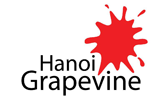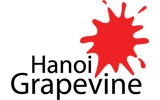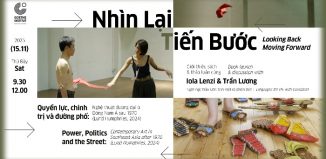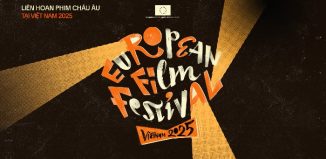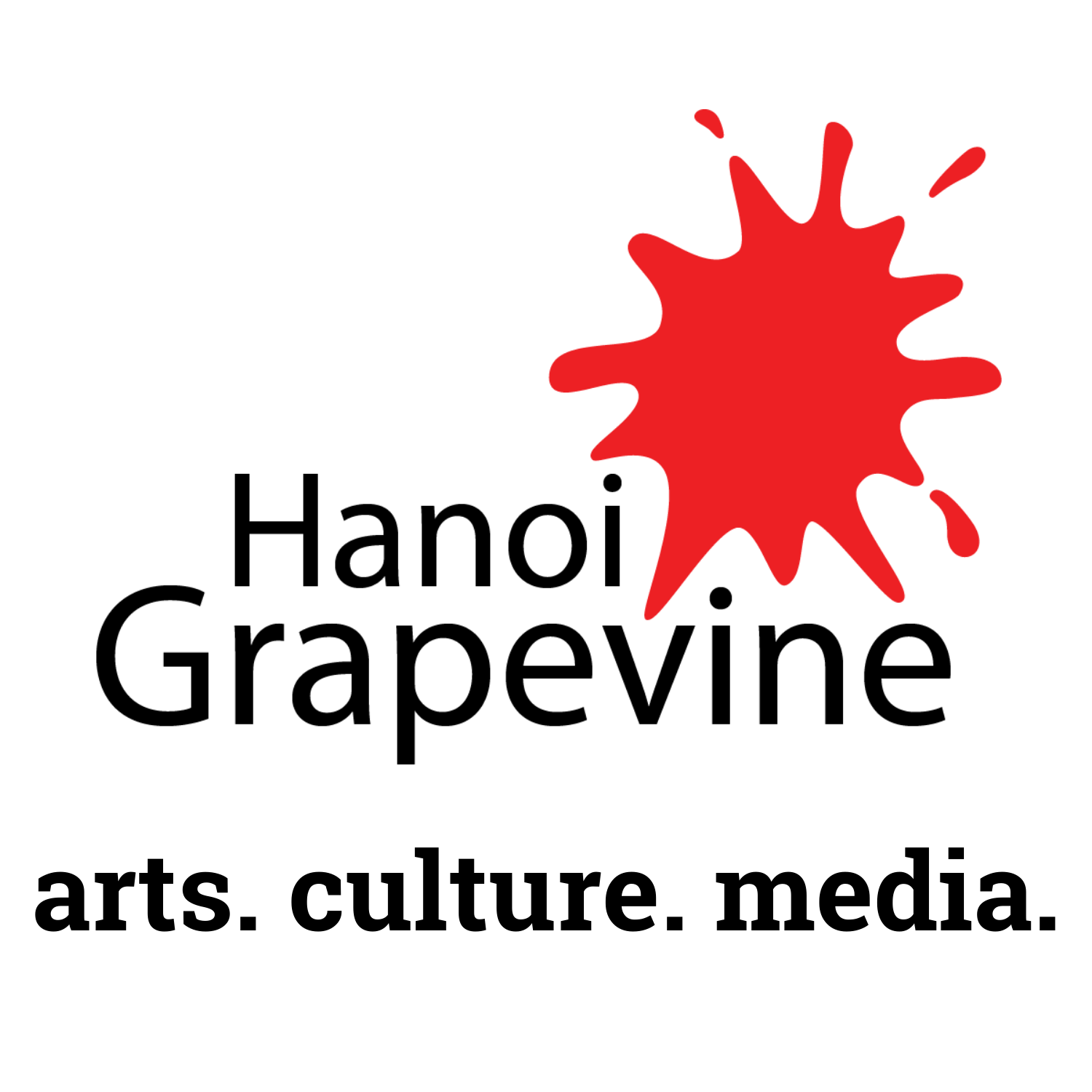American avant-garde films part II at DOCLAB
 |
Thu 21 Oct 2010, 3 – 5 pm
DOCLAB
From DOCLAB:
DOCLAB is delighted to present the second installment of American Avant-Garde.

1. By Night with Torch and Spear by Joseph Cornell
The circumstances surrounding the discovery of Cornell’s By night with Torch and Spear are as enigmatic as the film itself. Shortly before his death, the artist transferred his personal movie collection to Anthology Film Archive for safekeeping. Inspecting the cache a few years later, archivists noticed several meticulously edited reels. By Night with Torch and Spear was among them. Through subversive editing, the film takes silent-era educational footage of steelmaking, exotic locales and insects and turns the world inside out.
2. Little Stabs at Happiness by Ken Jacobs
The premiere of Ken Jacobs’s Little Stabs at Happiness at New York City’s Charles Theater, recalled filmmaker Stan Brakhage, was “terrifying”. “Half the audience liked it and were enthusiastic. The other half disliked it with equal enthusiasm, which resulted in one of those booing-and-applauding matches throughout the entire showing… Many artists refuse to have any shows at all for fear of having to go through something like Ken went through that Saturday night.”
3. Bridges-Go-Round by Shirley Clarke
Bridges-Go-Round was crafted by Clarke from footage leftover from a project in which she was commissioned to illustrate the American way of life. In her hands, the monumental bridges spanning New York Harbor dissolve into flattened abstractions that seem to sway with the music. When rights issues threatened the use of the initial music track by Louis and Bebe Barron, who had composed the groundbreaking electronic score for Forbidden Planet (1956), Clarke asked jazz producer Teo Macero to develop a replacement. She liked them both and often screened the two versions back-to-back. Presented here is the latter jazz version.
4. New Improved Institutional Quality: In the Environment of Liquids and Nasals a Parasitic Vowel sometimes Develops by Owen Land
Few filmmakers have played with language with the deadpan wit of Owen Land. Institutional Quality – the prior version of the film presented here – was made while Land was subletting a schoolteacher’s apartment and discovered a discarded tape of instructions to takers of a standardized test. This became an inspiration, and also soundtrack, for the film, which imagines the test that went with the found recording and administers it to the viewer. As the bland female voice drones on, the exercise evolves into a lesson in the absurd. Years later, Land withdrew Institutional Quality from circulation and replaced it with the “new improved” version presented here. With an added subtitle, purportedly cribbed from a linguistics textbook, the retake carries the came one step further: It puts the viewer inside the test.
5. Mario Banana (No. 1) by Andy Warhol
Andy Warhol’s never-ending fascination with Hollywood can easily be found in his series of paintings of movie stars and in the 600 films made between 1963 and 1976, including many now regarded as avant-garde classics. Among Warhol’s films are a series of 472 black-and-white portrait studies later dubbed Screen Tests (which will be presented later in our VAV program). Forming a sort of ethnographic record of the New York art scene, the three-minute rolls document writers, actors, musicians, street people, models and others who passed through Warhol’s studio, the Factory, from 1964 to 1966. While not a screen test, Mario Banana (No. 1) employs a similar approach. The single-shot color film records drag performer Mario Montez – done up in gloves, makeup, and glittering headdress, in full-face close-up, head slight inclined – lingering over each finger and lip movement as he relishes a banana. In this film, as in the Screen Tests, Warhol’s approach is disarmingly direct: “I only wanted to find great people and let them be themselves.”
The screening is non-profit and aims for studies and research only.
Following the screening is Q&A session.
If you’re interested in getting news, announcements from DOCLAB for its activities, workshops, and schedule of film screenings, etc., please email us at [email protected] to subscribe to DOCLAB news.
![]()
| Goethe-Institut Hanoi 56-58 Nguyễn Thái Học Ba Đình, Hà Nội Tel.: +84 4 37342251 Fax: +84 4 37342254 [email protected] http://www.hanoidoclab.org/ |
